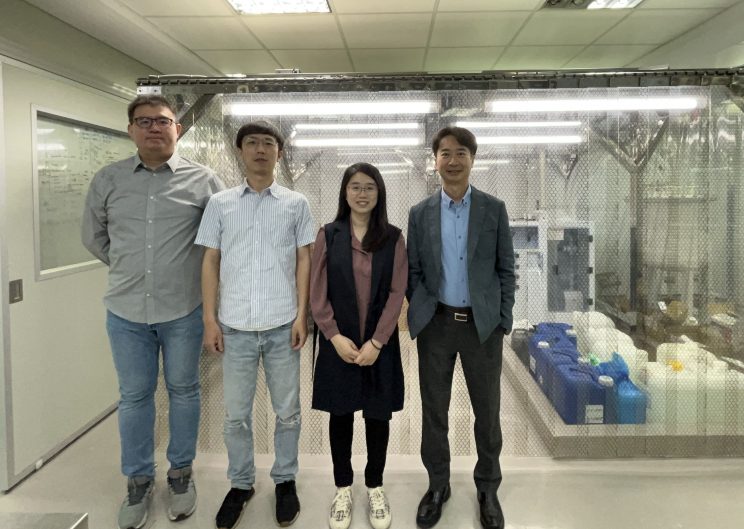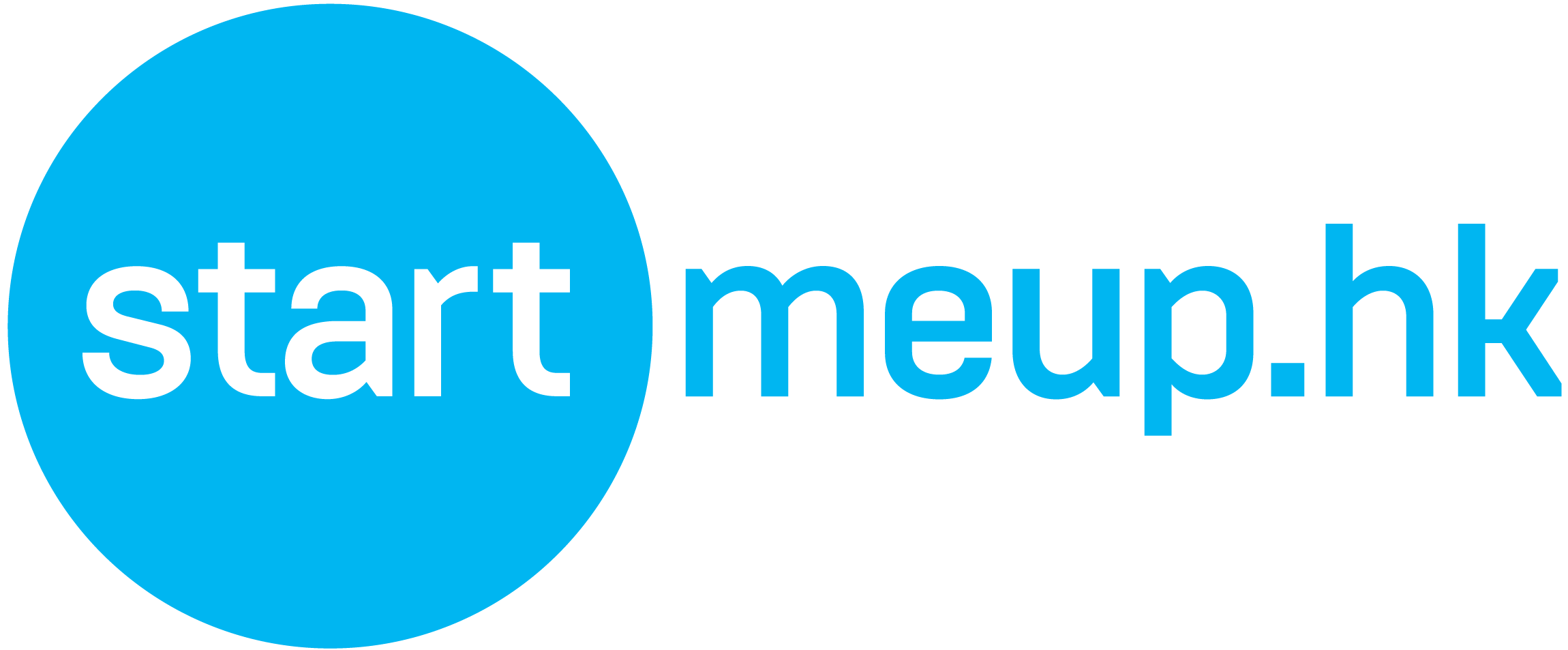Doctech HK:
Bringing research off the page

For many academic researchers, “impact factors” are merely a Key Performance Indicator they need to include in their papers. For Professor Tony Feng and his team at City University of Hong Kong, it’s more than that. They realised that the result of their research could make a real impact in the semiconductor and electrolytes industry.
Founded in 2021, Doctech is the brainchild of Professor Feng and his team of student researchers. Doctor Vivian Huang, a former student who is now Doctech’s Executive Director, is helping Professor Feng commercialise the startup’s core products – Hybrid Twin Copper and Nanograined Copper for semiconductor packaging applications. Thanks to the team’s combined research and commercialisation efforts, Doctech aims to produce and supply next-gen electroplating chemicals and technologies to the largest players in the semiconductor manufacturing and packaging industry.
Turning research into a commercial product
With a strong academic background as well as experience working in the semiconductor industry, Professor Feng understood that there was a gap to bridge. In academia, research papers are often seen as the end of the story, but for engineers, what’s on paper is only just the beginning – a blueprint or guide. With Doctech, the team looked to bridge this gap by taking research all the way and turning it into a product that can create an impact for customers.
“Research should not just lay on paper,” said Professor Feng. “As a professor, researcher and someone who has experience in the industry, it is clear to me that research should make a real impact. That is the only way for research to become ‘complete’.”
Compared to the rest of the world, commercialisation of academic research in Hong Kong is still an evolving field. Knowing this did not deter the Doctech team, but rather reckoned it as their opportunity to grow alongside the market as a niche startup. They also saw other successful research-based startups securing funding from government-led initiatives, which encouraged them to give it a shot.
Leveraging the supportive infrastructure and strategic location of Hong Kong
The HKSAR Government has introduced many initiatives to groom the local startup ecosystem and research and development sector over the past years. Taking advantage of this, one of Doctech’s first milestones was receiving funding under the Technology Start-up Support Scheme for Universities. In addition, they were able to secure a spot in Hong Kong Science and Technology Park’s (HKSTP) Incubation Programme, along with additional funding that allowed them to set up their research hub in Hong Kong and a manufacturing site in Taiwan.
Doctech has been able to leverage on the growing trend of supply chain reshoring – bringing production and manufacturing back “home”. Many international companies and manufacturers are interested in reshoring as it gives them better control over the entire production and logistics process. Being based in Hong Kong, Doctech began conversations with several companies about becoming their local supplier in the region.
Additionally, with Hong Kong’s integration into the Guangdong–Hong Kong–Macao Greater Bay Area (GBA), and HKSTP expanding their footprint in the region, the chance to enter the Mainland market has become a more tangible reality for Doctech.
Finding the balance between research and business
As a team of academics, one of the biggest challenges Doctech faced was striking the balance between research and business. At the beginning of their startup journey, learning the skills that would ensure they became more customer-driven than product-driven was a major priority. After initial tests in the commercial market, they realised that their approach and product needed to be tweaked in order to find the right product-market fit.
“If I had the chance to start this journey over again, I would have learnt to think like a businessperson and not an engineer,” said Vivian. “After years of studying, I developed extensive scientific knowledge. Yet no one has ever taught me how to run a company. I actually took a number of courses on business to fill this gap.”
The unexpected key to success: high calibre talent
About a year into their startup journey, Professor Feng and Vivian realised that, apart from their product and funding, the biggest driver of success was retaining exceptional talent. In most economies, the norm is for people to join large corporations or stay in academia – not many want to join a startup. Fortunately, the team at Doctech found that more and more fresh graduates in Hong Kong are open to the idea of joining a startup. This made hiring high calibre talent a lot easier.
Vivian herself is one such talent; she has been a key part of Doctech’s success on the road to commercialisation. With her and Doctor Kaiyu Mu being on the team, alongside Doctor Jacob Cherng and Doctor Willy Chung, the startup has achieved a balance of gender diversity in their team – a rarity in the traditionally male-dominated research and academia space. This 50-50 split has allowed the team to capitalise on the different strengths and perspectives that each member brings to the company. Vivian is glad to see other academic teams and startups striving for a similar balance.
Advice for research-focused startups and entrepreneurs
“A startup is not like a research paper where you work for a few years and end up with a good result; this is a longer journey with a lot of challenges to overcome. Be prepared to embrace these challenges – that is the key to a fruitful academia-turned-entrepreneur experience. The satisfaction when your product makes a real impact in the end is incomparable!“
– Professor Tony Feng, Scientific Advisor for Doctech


